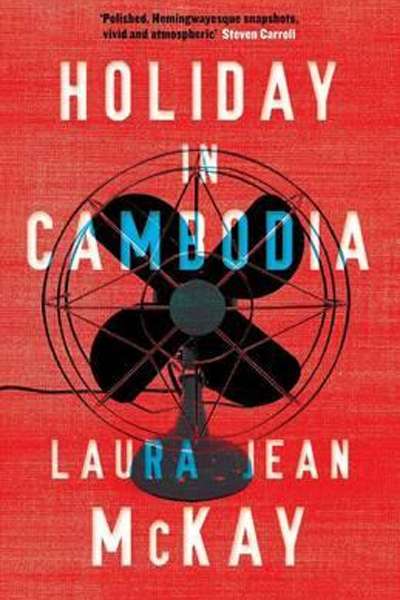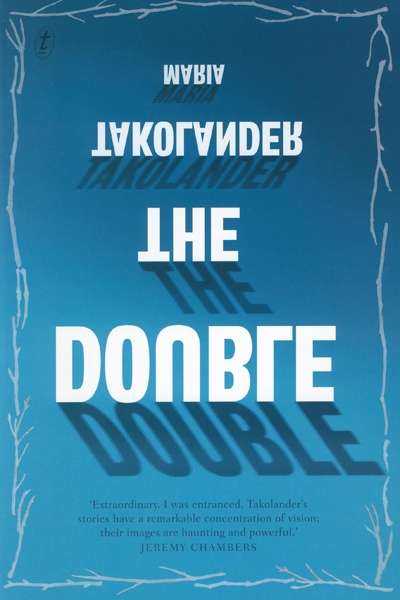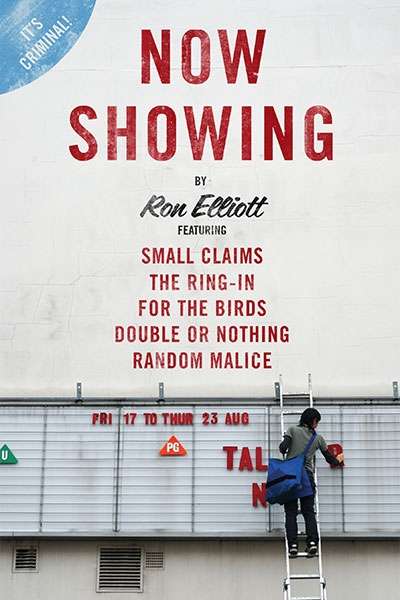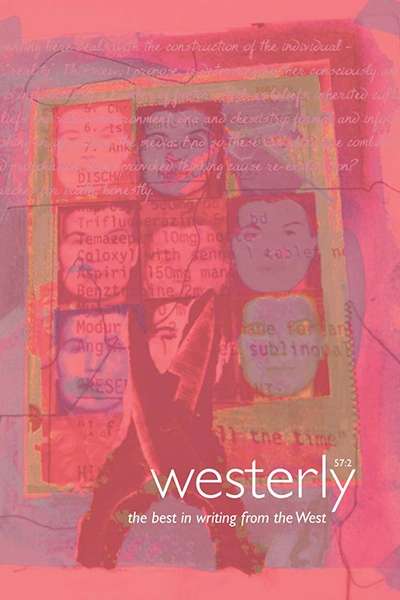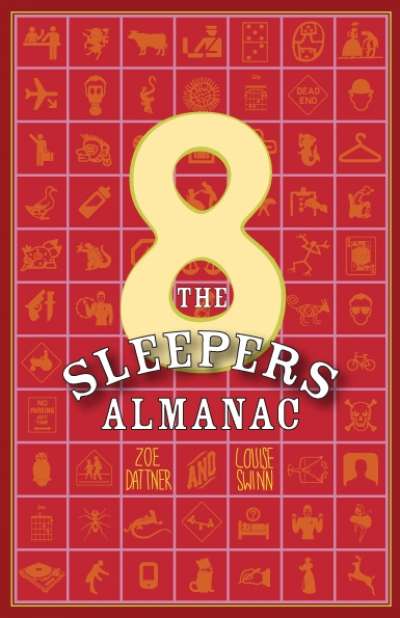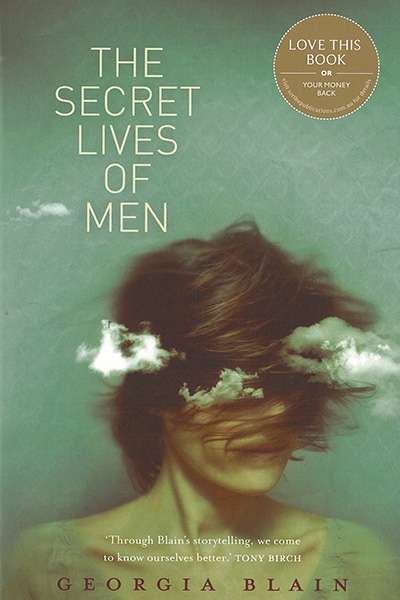Short Stories
Sign up to From the Archive and receive a new review to your inbox every Monday. Always free to read.
Recent:
Last week I received an envelope in the mail, the address written in my father’s hand. My heart accelerated a little and it struck me as unseemly, at my age and in my circumstances, to be still so easily rattled by a parent.
... (read more)Westerly Vol. 57, No. 2 edited by Delys Bird and Tony Hughes-d’Aeth
by Anthony Lynch •
The Sleepers Almanac No. 8 edited by Zoe Dattner and Louise Swinn
by Amy Baillieu •


